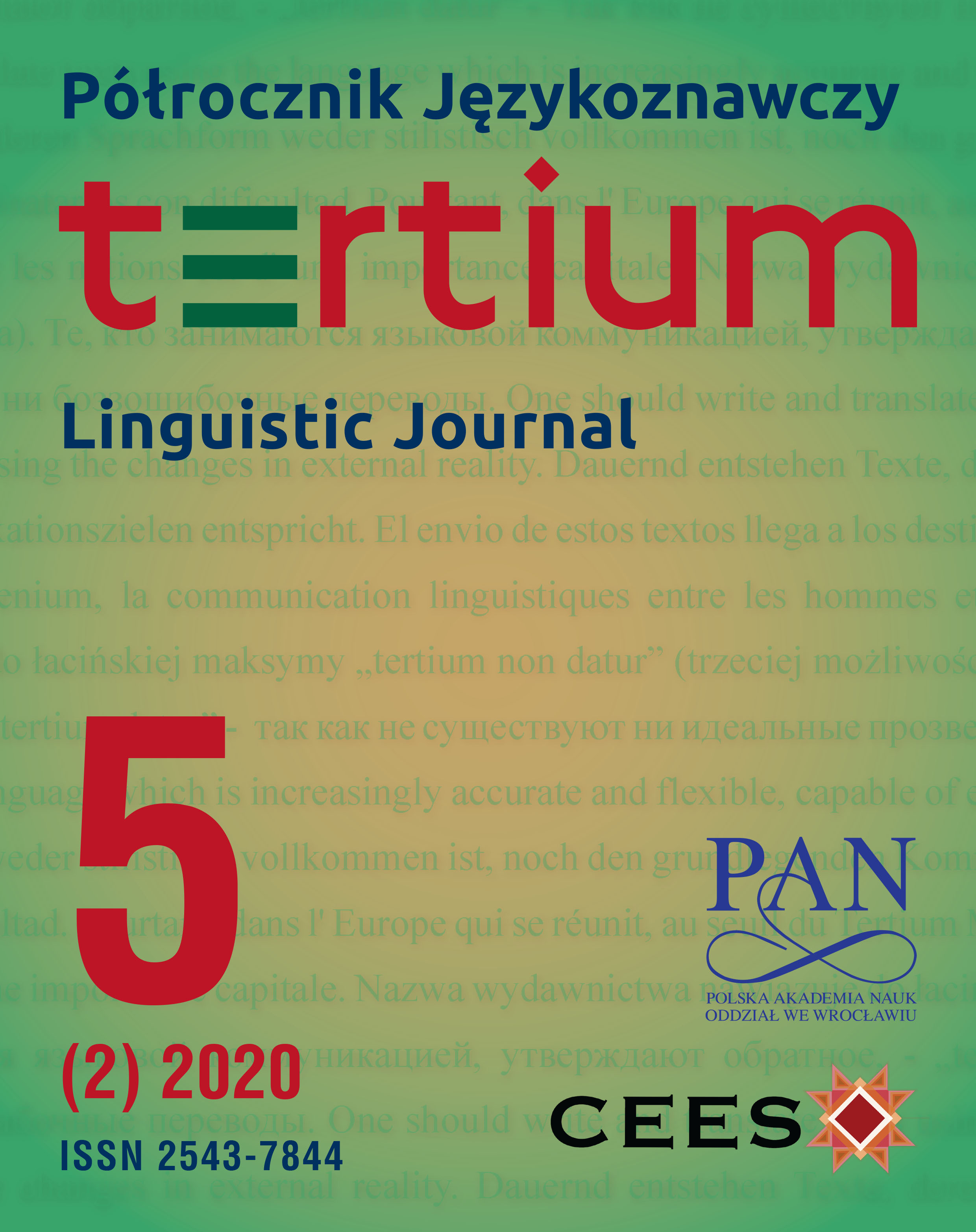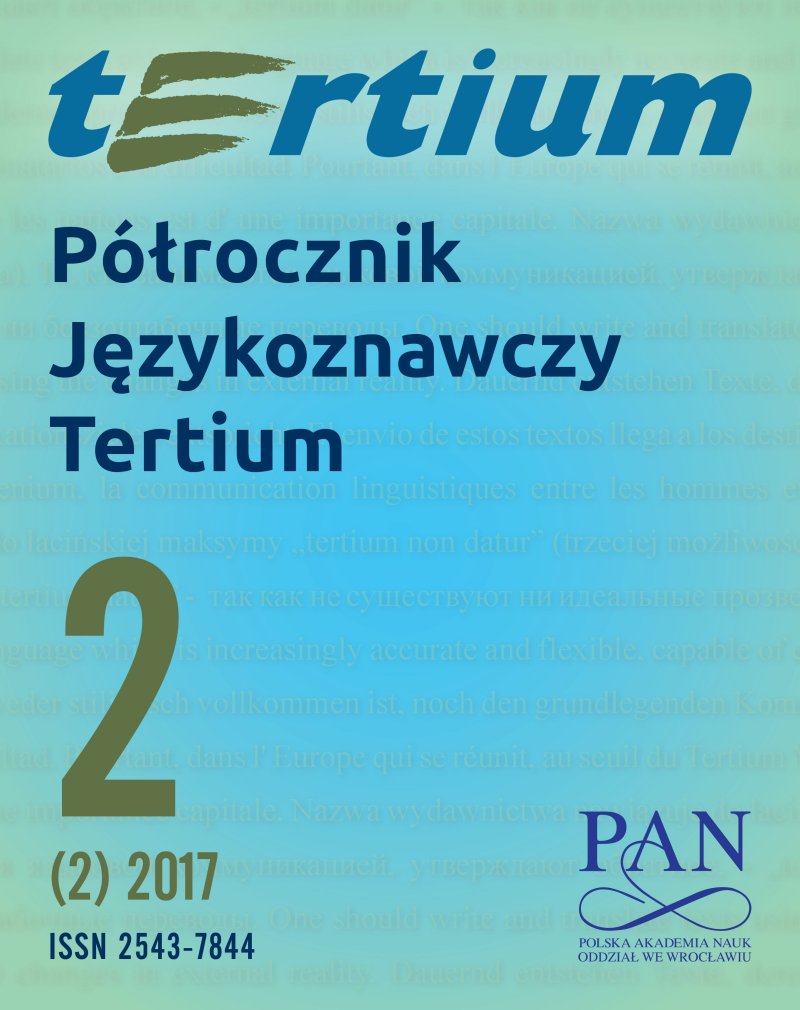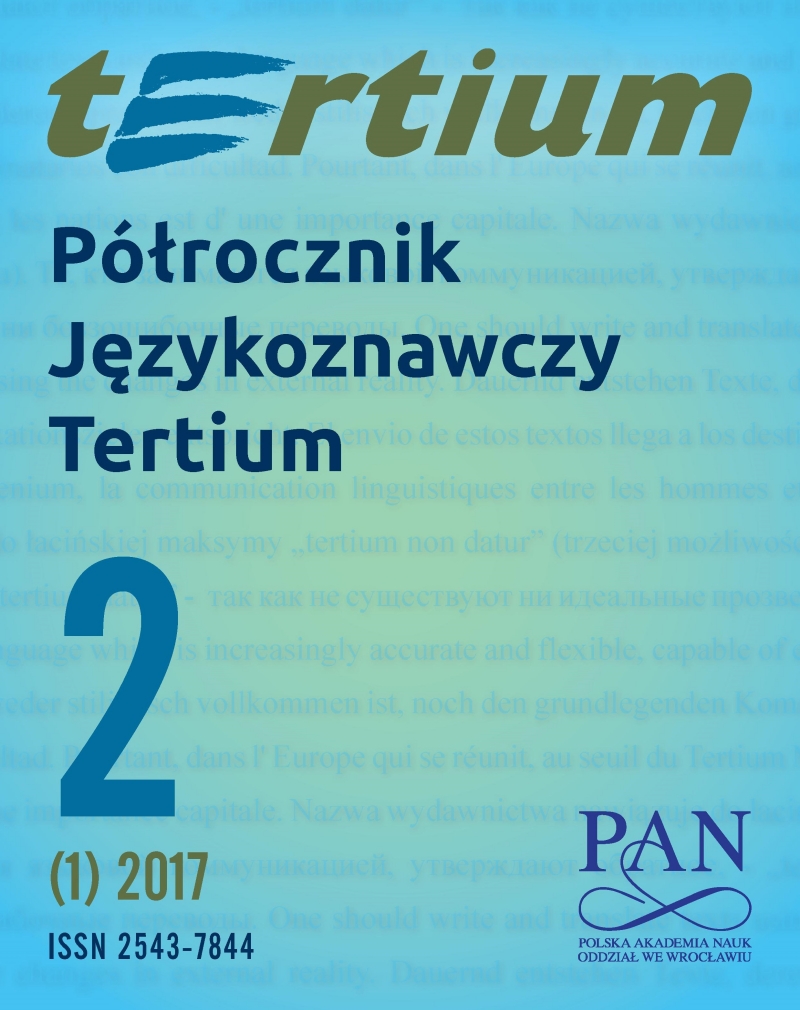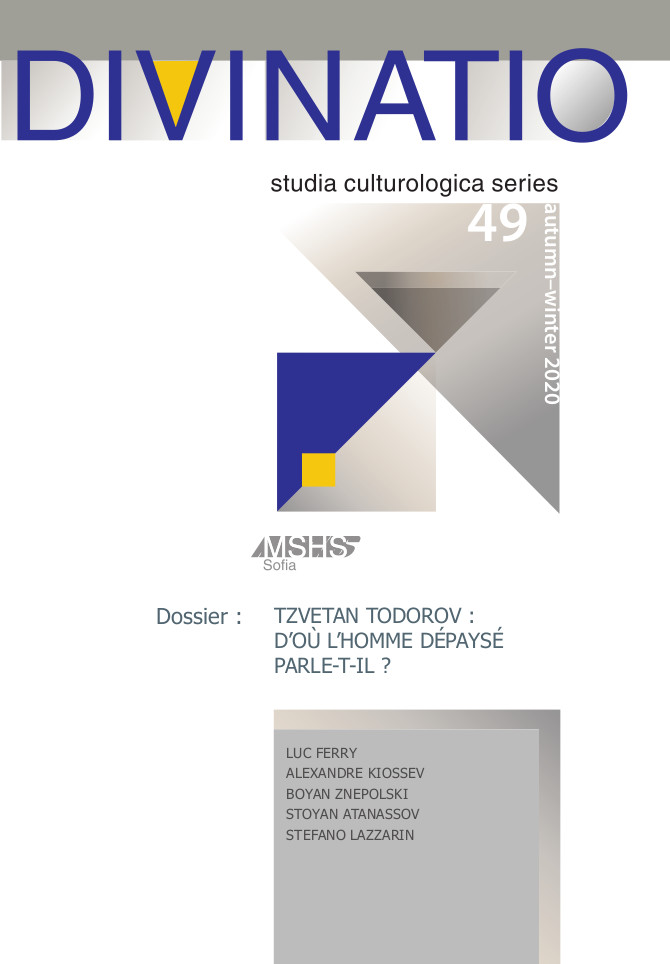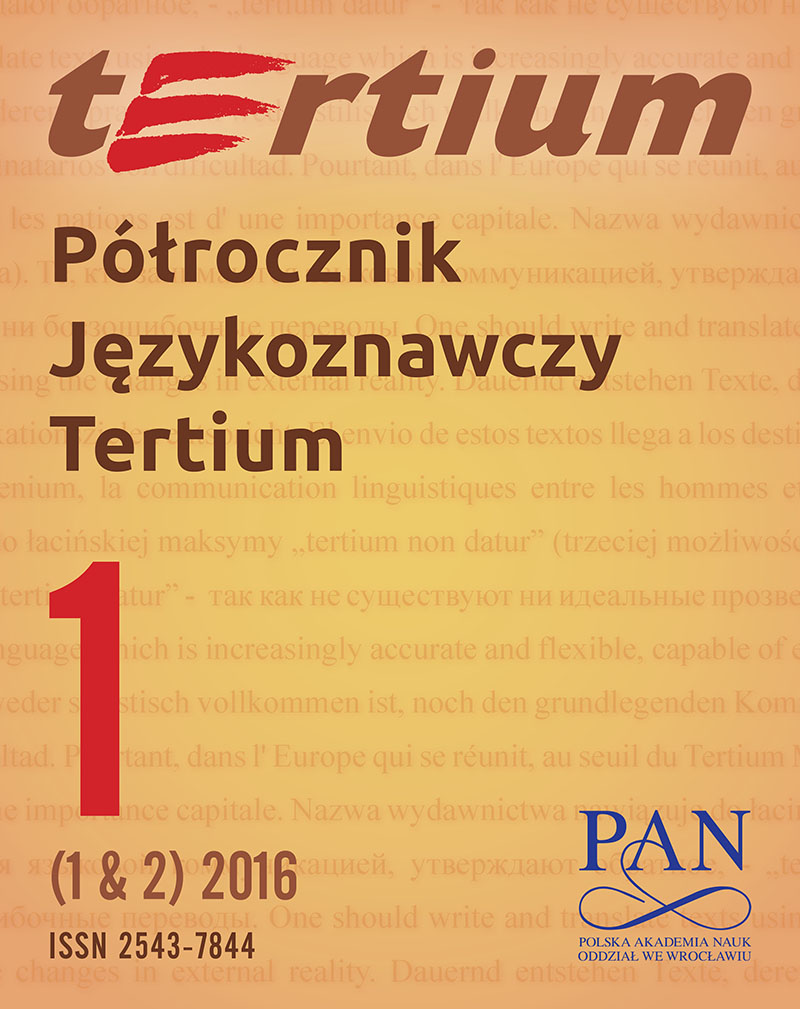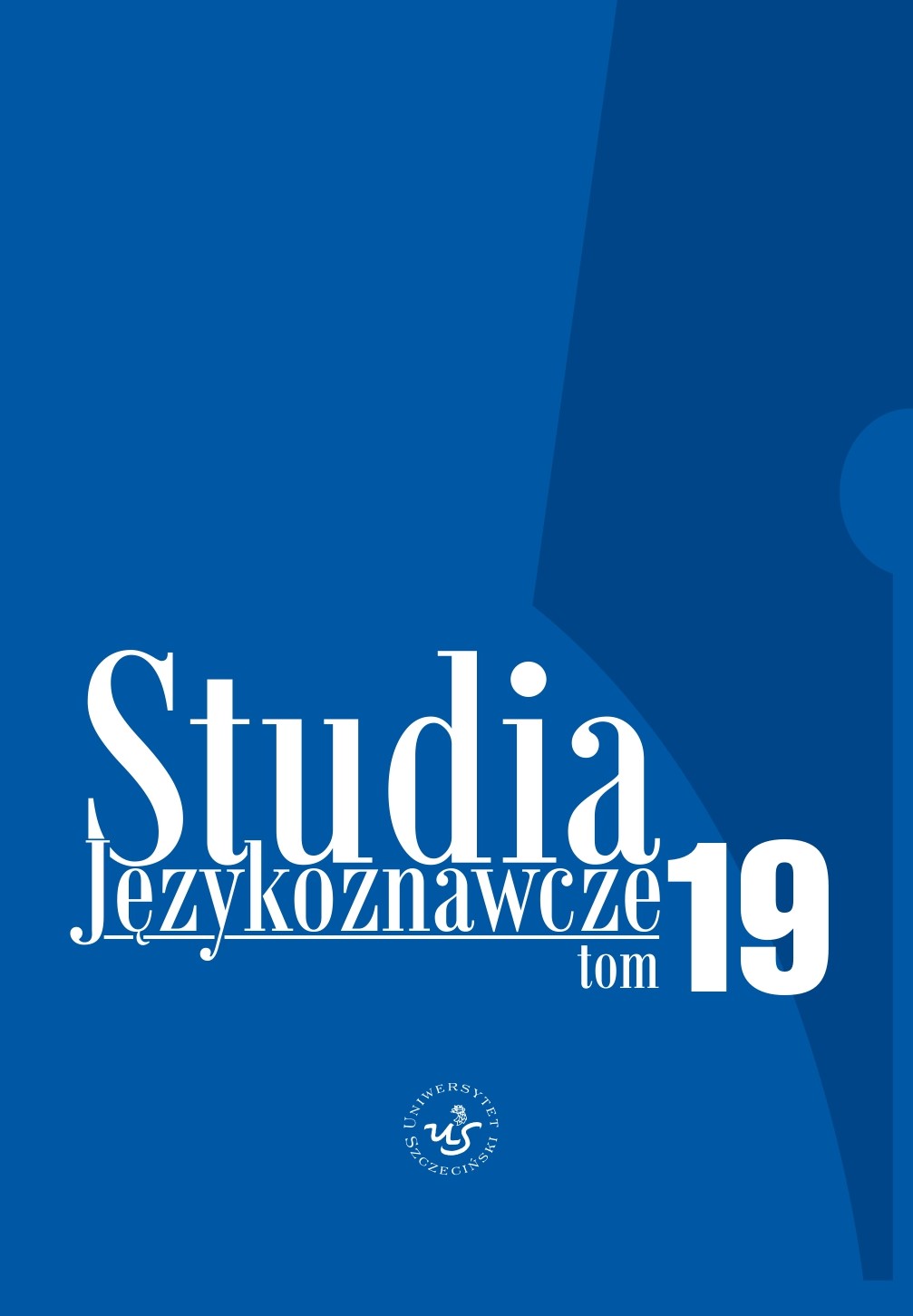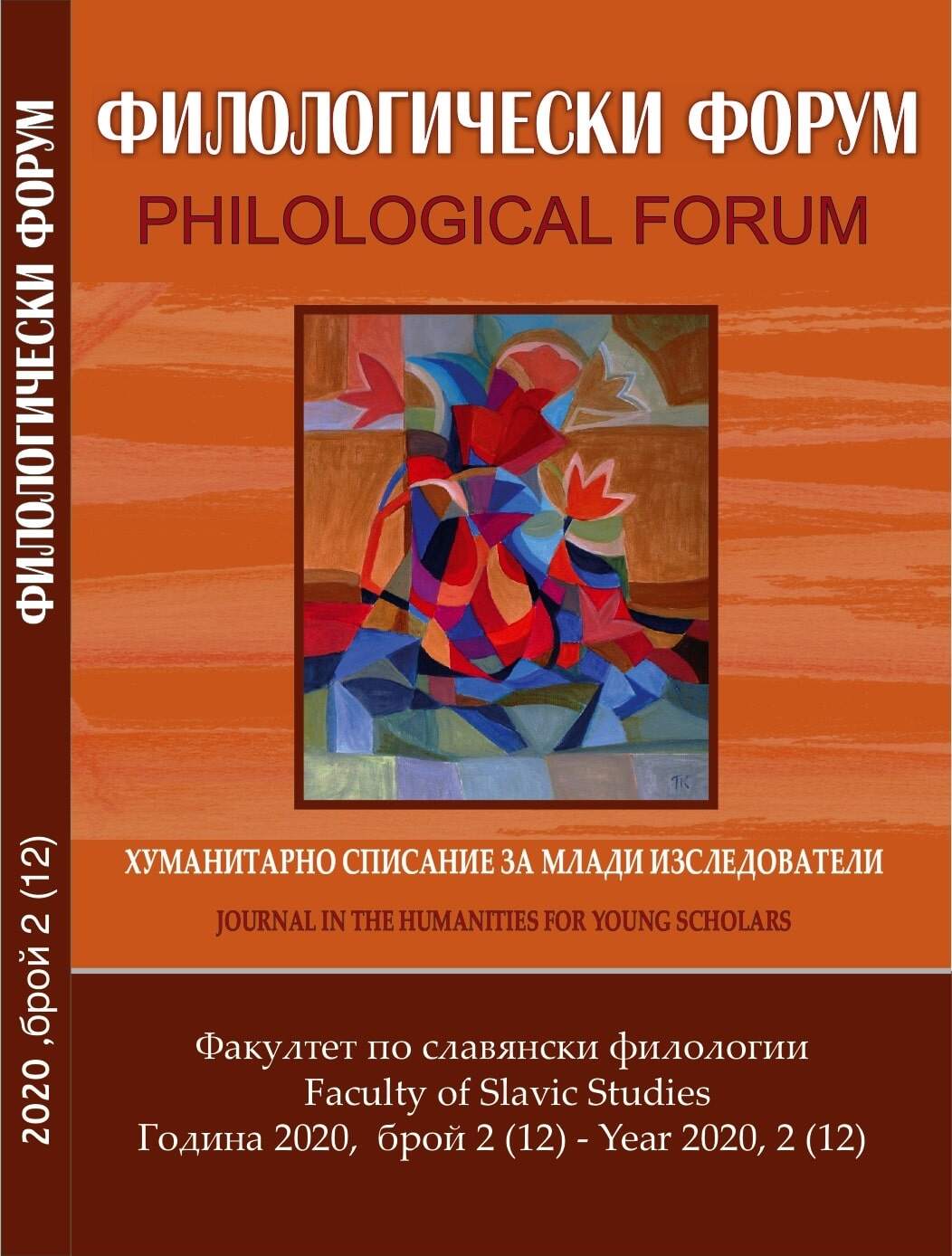Author(s): Maria Jodłowiec,Anna Niżegorodcew / Language(s): Polish
Issue: 1&2/2016
Bezprecedensowe tempo zmian we współczesnym świecie i wymagania, które stawia nauczycielom nowoczesna szkoła, z jednej strony w sposób znaczący wpływają na dydaktykę języków obcych, z drugiej zaś na przygotowanie nauczycieli języków obcych do zawodu. W chwili obecnej glottodydaktyka wkroczyła w fazę post-metodyczną, w nauczaniu/uczeniu się języków podkreśla się perspektywę ekologizmu, a w kształceniu nauczycieli kładzie się nacisk na rozwój autonomii, samodzielności w generowaniu wiedzy i zdobywaniu nowych umiejętności oraz otwartości na zmienność i dynamikę rzeczywistości. W niniejszym artykule pragniemy wyjaśnić sedno tej reorientacji i zarysować główne zasady, z których owe przekształcenia wynikają. Opisując krótko post-metodyczny model Kumaravadivelu (2003, 2006b), kreślimy ramy post-nowoczesnej glottodydaktyki. Wskazujemy jednocześnie, jak zmienność i nieprzewidywalność współczesnego świata przesądza o tym, że nauczyciel języka obcego, właściwie przygotowany do wykonywania swego zawodu, to przede wszystkim osoba otwarta, gotowa do uczenia się przez całe życie i do budowania teorii na podstawie praktyki, a równocześnie wykorzystująca praktykę by teorię umiejętnie modyfikować. To kreatywny profesjonalista nastawiony na rozpoznawanie i rozwiązywanie problemów. // The unprecedented speed of change in the world today and the demands that modern school places on the teacher, on the one hand, affect foreign/second language didactics, and on the other, influence language teacher programmes. In the 21st century L2 didactics appears to have entered a post-method era education, informed by language ecologism, and marked by emphasis on teacher autonomy. The teacher is no longer supposed to be primarily the knower; instead he or she must be an individual capable of generating new knowledge and developing skills necessary to deal with the unpredictable and changeable reality. The paper attempts to elucidate the nature of these new tendencies and presents the major principles of L2 teaching and learning that follow from them. Kumaravidelu’s (2003, 2006b) post-method model is focused on as the epitome of post-modern L2 instruction. It is argued that it lays foundation for open-ended teacher education, the major goal of which is to create in future language teachers the attitudes and abilities indispensable to a self-exploring and self-directed practitioner.
More...
